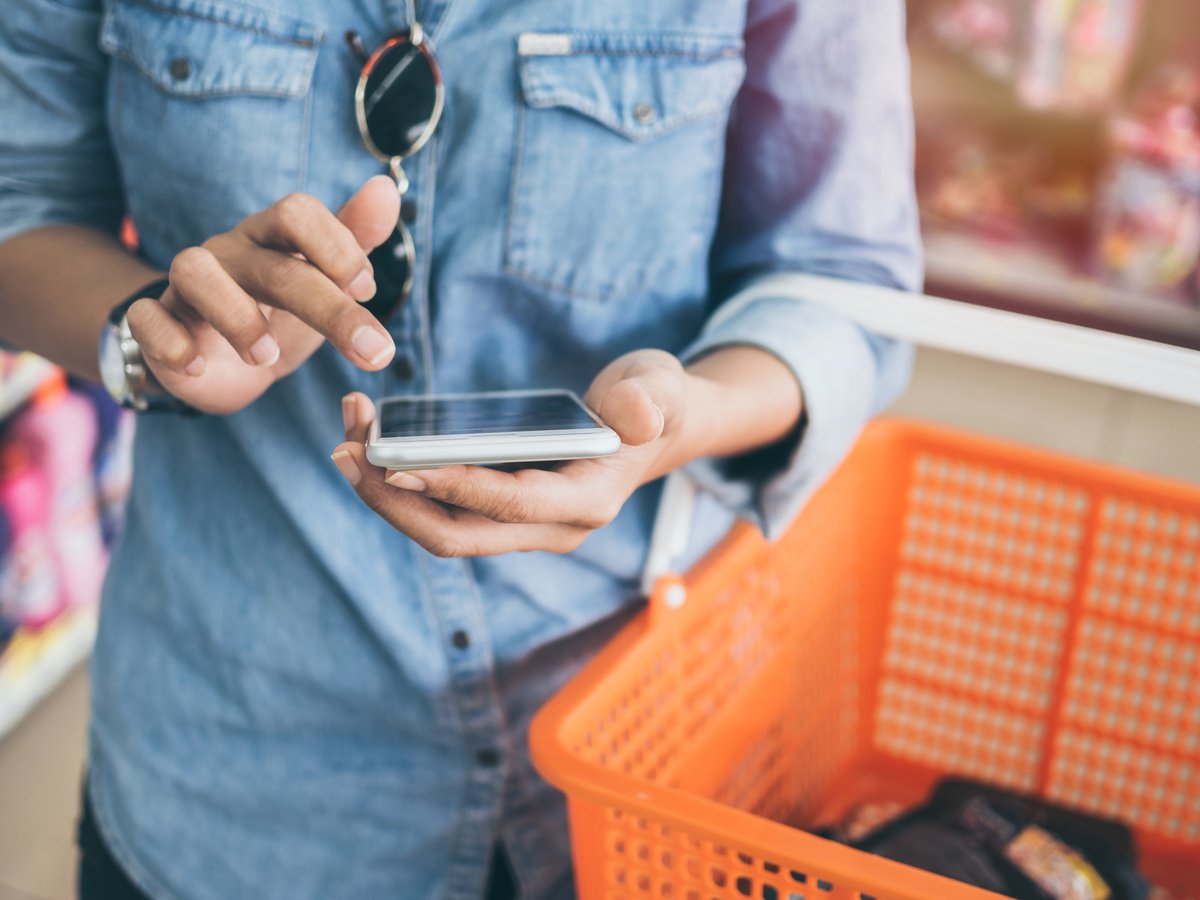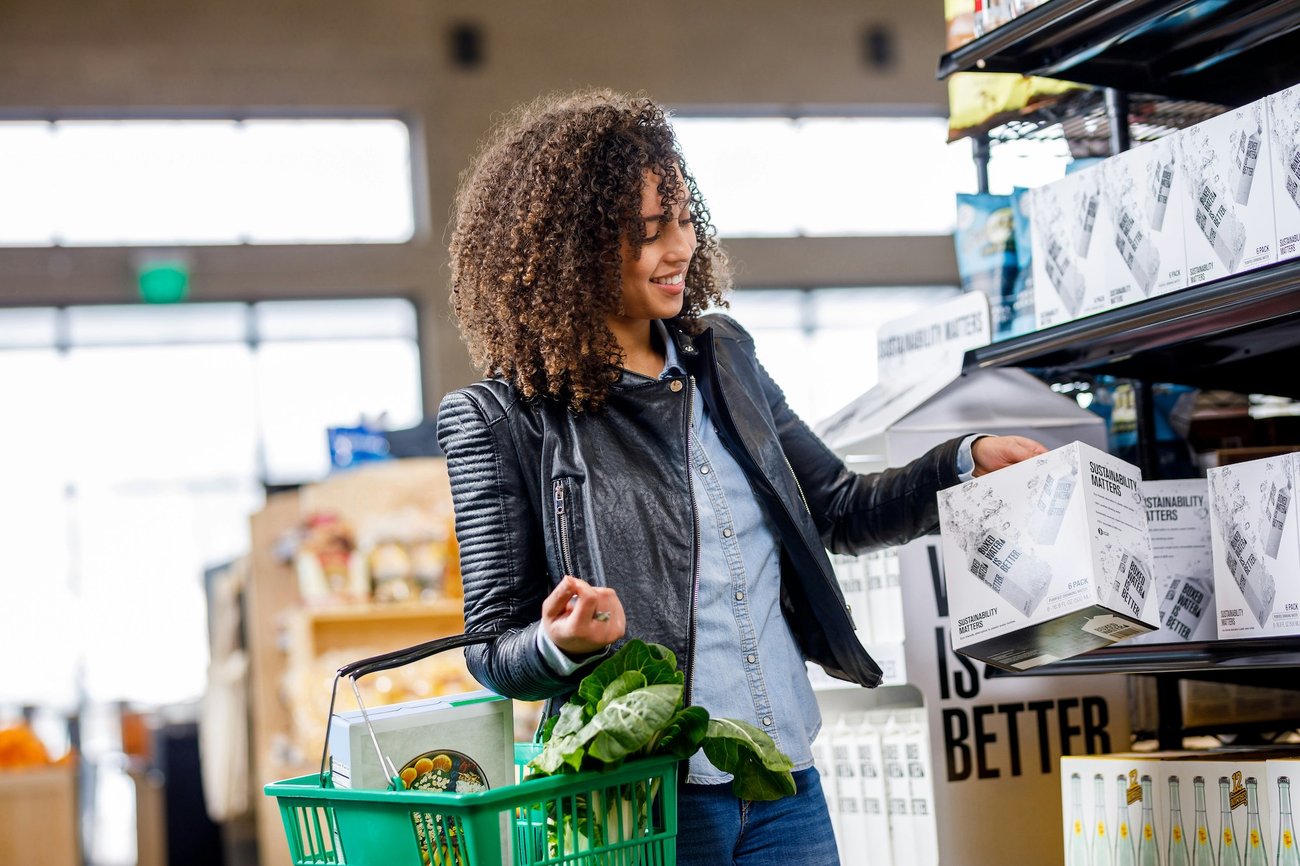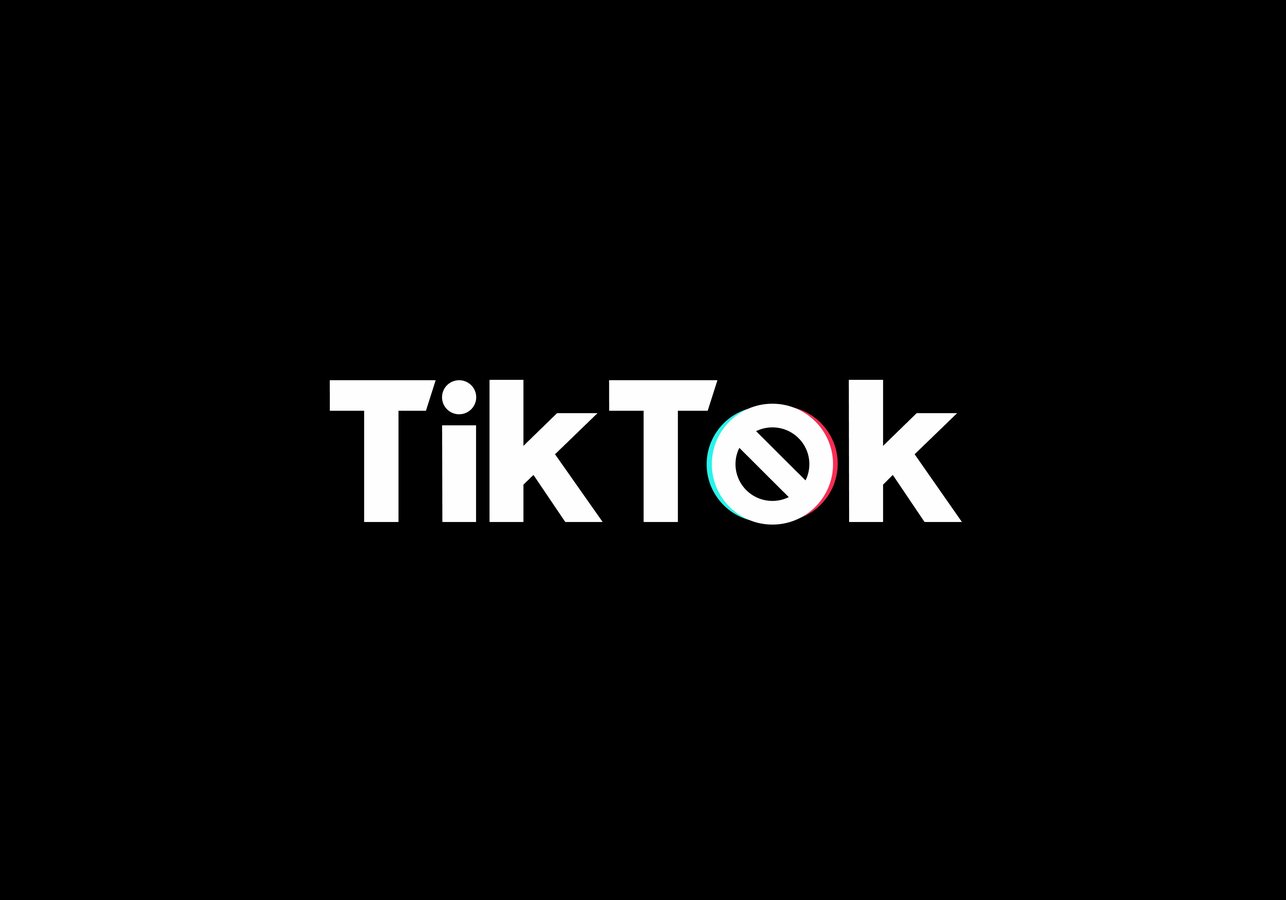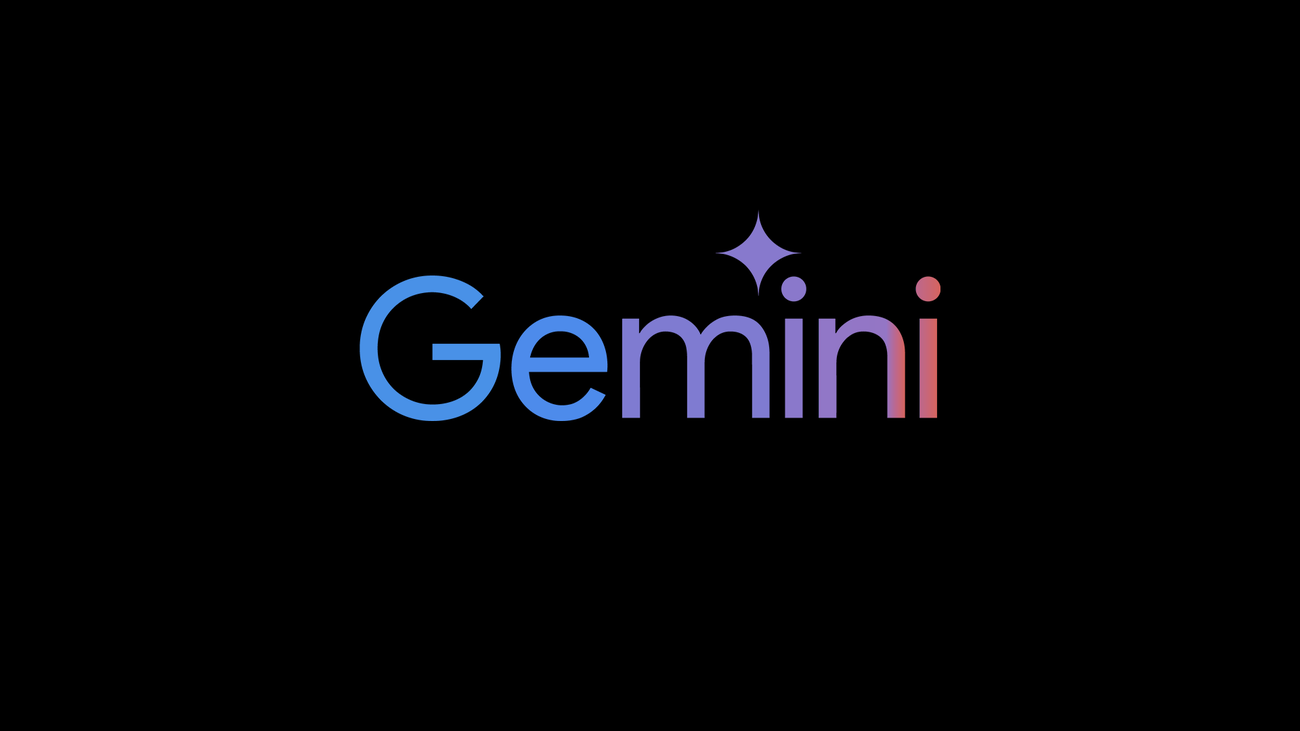CPG Brands Turn To Digital Marketing During Pandemic
From direct eCommerce to social, digital is paving the new way for CPG.

COVID-19 has changed the way Americans shop for products, goods, and services. According to a McKinsey report, US eCommerce experienced 10 years growth in just a three-month period. A historic drop in consumer confidence has been met by a need for essential items such as household supplies and packaged food. Before the pandemic, if we needed certain consumer packaged goods (CPG), it was second nature to just pick them up at the local market without any worry of exposure to an illness or virus. But this year, the rules of engagement have changed. New shopper behaviors, attitudes, and expectations have pushed brands to reimagine how (and where) they sell their products.
To adjust to this new approach, CPG brands are focusing on digital marketing to drive awareness and increase sales. Digital has paved a new path to purchase, making it simpler and safer for us to shop for the products we need.
Shifting Marketing Trends
There are a number of factors brands should consider when planning their marketing budgets. One key trend has been the pandemic’s impact on how brands engage with their customers. In the initial aftermath of COVID, 87% of consumers reported spending significantly more time on digital media. Since then, streaming has doubled and social media, video, and messaging apps have generated a 20% increase in weekly time spent on mobile devices. In 2020, web browsing has increased 70% and social media consumption is up 61% from last year.
New Brands, New Audience, New Possibilities
Now is the time for brands to boost their digital marketing efforts and leverage social media to engage their audience - and attract new ones. Today, more people are finding new brands online. In fact, 35% of consumers are trying new products they discover online. What’s more, 78% say they will continue to purchase those new brands. So it’s vital that businesses rethink their digital marketing strategy to reach and engage their audience more effectively.
Social Media
Today, more people rely on social media for entertainment, news, staying connected with friends, and engaging with brands. During the pandemic, the average time people spent on social media platforms such as Facebook and Instagram has increased by 30%. A recent study found that 82% of respondents said social media is the most common way to get information about a brand or product. Aligned with the shift towards eCommerce, the increase in social media usage has made it imperative for brands to understand consumer behavior across social platforms. Personalizing your campaign by consumer demographics, creating an authentic message, and applying excellent customer service techniques are a few things to consider while utilizing social media. For CPG brands, this is a great opportunity to expand awareness and create a robust digital experience for your audience.
Direct eCommerce
The accelerated adoption of online technology has prompted many brands to capitalize on new opportunities to fulfill the demand of their customers. Many companies have taken a direct-to-consumer market approach, enabling them to optimize SKUs, implement real-time inventory management to reduce stockouts, and allowing customers to order CPG products directly online. In light of the pandemic, Brakes Bros, a leading food delivery service and supplier in the UK, recognized the need to sell products directly to customers using a new B2C channel. Created in just 7 days, the channel boosted sales, awareness, and helped distribute 1.2 million care packages around the UK.
From TV To OTT
During the pandemic, online streaming has experienced a tremendous surge in popularity. Scheduled TV programming has now been replaced with on-demand and over-the-top (OTT) streaming services. In general, fewer brands today are dedicating entire ad budgets to TV or print. TV is expensive and proven to be less cost effective in relation to digital marketing. Through OTT digital services, brands can be much more targeted and increase their access to a national audience. More consumers on digital platforms also leads to a much smoother transition to CPG spending. The future of advertising is not on our TV screens, but found on our laptops, tablets, and smartphones.
Online Grocery Delivery
Since March, online grocery ordering and delivery services have surged in popularity. In 2020, online grocery shopping has increased by over 40%. Understandably, consumers want to limit their exposure to others and online delivery eliminates person-to-person contact. So many markets like Vons, Ralphs, and Costco provide fresh and packaged food items online ready for pickup or delivered right to your door. Major delivery platforms like Amazon and Instacart are essential for grocers to meet the high online demand. It’s no surprise that Amazon continues to dominate online shopping. Amazon thrives as an efficient one-stop shop for consumer packaged goods and everyday family essentials. Amazon stock has soared to record heights, catapulting their market value over $1.5 trillion.
Now, it seems consumers are expecting brands to deliver seamless omnichannel experiences. With increased demand for curbside pickup, online ordering, and pick-up-in-store fulfillment services, brands who are positioned to work with local independent markets are ready and primed to build greater shopper loyalty.
Virtual Product Events
Since the outbreak, large gatherings such as trade shows and product events all over the world have been either postponed or canceled. With the emergence of digital technologies, brands have shifted to virtual events to display their products and goods to support their business goals. Many retailers, distributors, and trade organizations have hosted online product sourcing campaigns in place of traditional trade shows and events. Since these events have been pretty successful, who knows, this may be a permanent strategy in the future.
The Power of Search
As the pandemic drives search marketing, the CPG industry will grow its digital spend an estimated 5.2% this year. CPG’s share of the digital ad market will also grow 14.4% to $19.40 billion. As brands turn to performance-oriented response marketing and more direct ways to drive sales, search will see a significant increase. Experts forecast that search’s share of the CPG digital ad spend will be approximately 35.3%, up from a pre-pandemic estimate of 27.5%. So why is search so important? Real-time search insights, especially now, enable brands to tap into localized pockets of product demand and appear in front of customers with evolving needs.
Due to COVID-19, consumers are now buying more packaged goods than before. In addition, technology has advanced the way people shop for products and how brands engage with their audience. CPG brands must navigate through this crisis by learning and adapting their digital market strategy. Right now, there is a huge opportunity for your brand to utilize digital to grow awareness, boost sales, increase market share, drive product trial, and benefit your customer needs.





